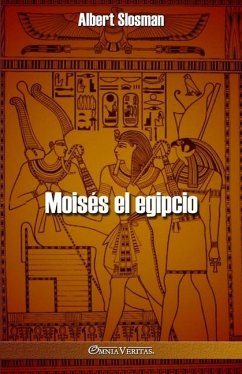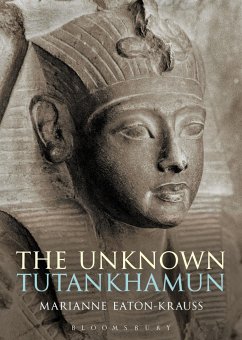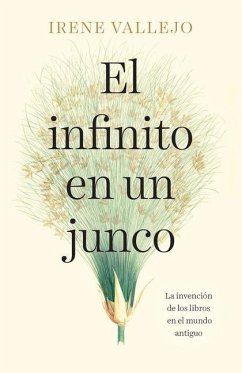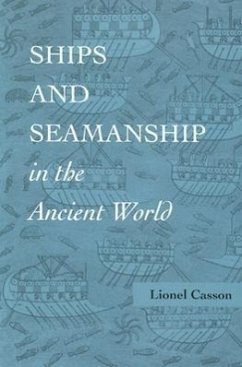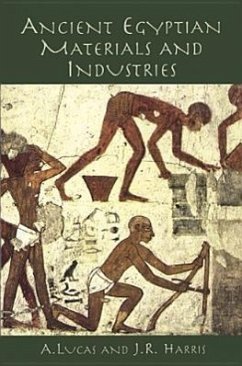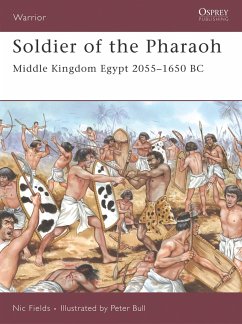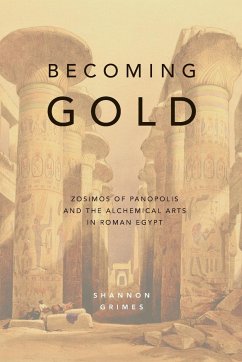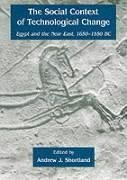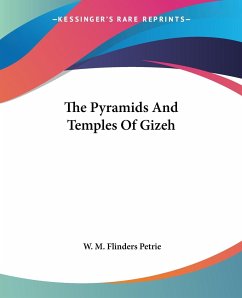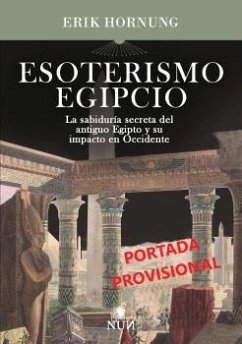
Esoterismo Egipcio
Versandkostenfrei!
Versandfertig in über 4 Wochen
21,99 €
inkl. MwSt.

PAYBACK Punkte
11 °P sammeln!
La alquimia, la astrología y otras ciencias secretas tienen raíces egipcias, y las películas, la ficción popular y los cómics recurren con frecuencia a temas egipcios. El rosacrucismo, el mormonismo y el afrocentrismo comparten elementos de origen egipcio. En opinión de Erik Hornung, los esfuerzos esotéricos modernos encuentran en la cultura egipcia una reserva intelectual renovable sin fin, y son casi inconcebibles sin Egipto. Aunque tal persistencia asegura a las ideas egipcias un impacto extraordinariamente extendido, el campo de la egiptología ha pasado por alto en gran medida este...
La alquimia, la astrología y otras ciencias secretas tienen raíces egipcias, y las películas, la ficción popular y los cómics recurren con frecuencia a temas egipcios. El rosacrucismo, el mormonismo y el afrocentrismo comparten elementos de origen egipcio. En opinión de Erik Hornung, los esfuerzos esotéricos modernos encuentran en la cultura egipcia una reserva intelectual renovable sin fin, y son casi inconcebibles sin Egipto. Aunque tal persistencia asegura a las ideas egipcias un impacto extraordinariamente extendido, el campo de la egiptología ha pasado por alto en gran medida este fenómeno. El libro rastrea la influencia de la imagen esotérica de Egipto, especialmente tal como la manifiesta el dios Thoth, en la historia intelectual occidental desde la Antigüedad. Desde los escritos gnósticos y la poesía romántica hasta la masonería y el movimiento teosófico, las deidades egipcias resurgen bajo formas siempre sorprendentes. Desde la Antigüedad, Egipto se ha asociado a prácticas y creencias esotéricas y se ha considerado la fuente de todo conocimiento secreto, una asociación que, según Hornung, sólo g



